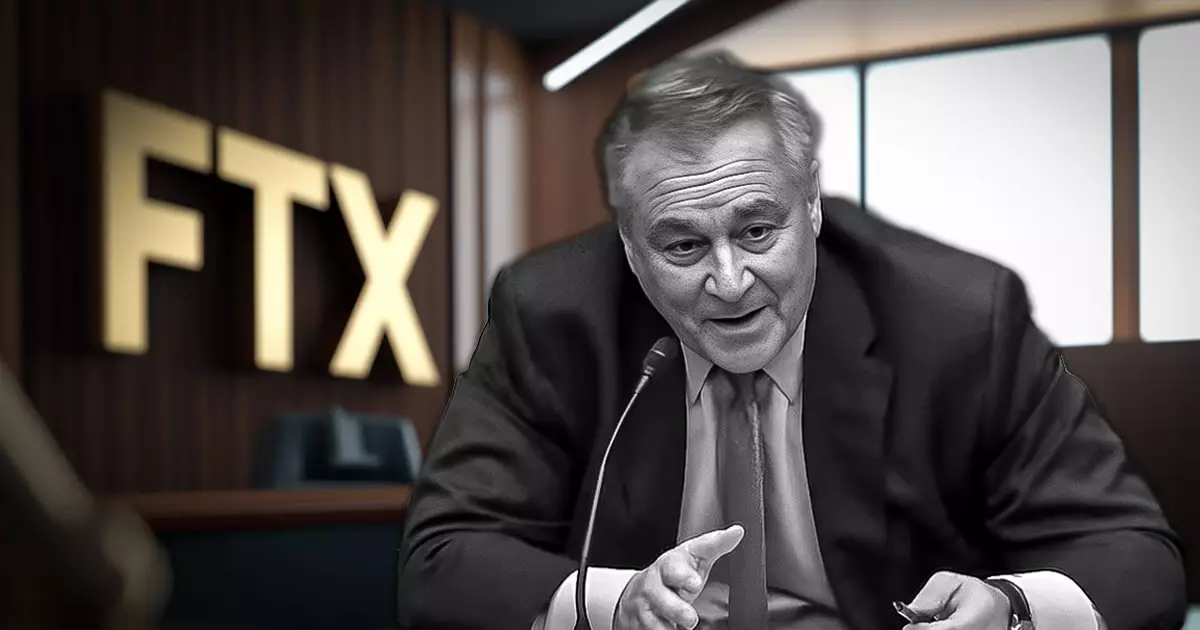The collapse of FTX has rippled through the financial landscape, drawing substantial legal scrutiny and causing financial turmoil for countless stakeholders. At the center of this chaos lies the plea for leniency from John J. Ray III, the CEO now tasked with steering the company through its bankruptcy proceedings. His recent appeal to the court highlights former engineering director Nishad Singh’s critical participation in the asset recovery phase. This case illuminates the complex interplay between individual accountability and collective financial recovery.
Ray, in his letter to the U.S. District Court for the Southern District of New York, paints a compelling portrait of Singh’s cooperation as vital to the ongoing recovery efforts. Singh possesses extensive insider knowledge and specialized technical expertise that are deemed crucial for elucidating the sophisticated financial web that led to FTX’s downfall. By disclosing significant information about the company’s operations and assisting in tracing misappropriated funds, Singh has already played a pivotal role in recovering various assets.
Particularly noteworthy is Singh’s involvement in retrieving properties acquired with FTX’s funds in the Bahamas—a location central to the operational failures of the exchange. His cooperation also extends to the provision of documents essential for other parties in the bankruptcy case, enhancing transparency and clarity in a situation shrouded in uncertainty. Ray asserts that continuing to have Singh free would bolster the prospects for creditors, signaling an unusual but strategic approach to the multifaceted challenges FTX faces.
However, the narrative is not without its complexities. Singh has admitted to his own financial misconduct and engaged in practices that undermined the ethical foundations of FTX’s operating model. As one of the earliest insiders to plead guilty, his actions establish a precedent within the broader spectrum of corporate accountability. Prosecutors have acknowledged his substantial cooperation, which has been instrumental in implicating others, notably the former CEO Sam Bankman-Fried.
Ray’s suggestion for Singh to potentially testify echoes a delicate balance between justice and pragmatism. By cooperating with authorities, Singh not only aids the legal processes but also positions himself as a key figure in mitigating the fallout of FTX’s collapse. The ethical implications of reducing his sentence in recognition of his cooperation invite broader questions regarding accountability in corporate governance.
Since filing for Chapter 11 in November 2022, FTX has embarked on an arduous journey to recuperate assets and repay creditors. Under Ray’s stewardship, the company’s specialists have begun reclaiming funds linked to real estate and liquid assets tied to former executives. Yet, the hustle for maximizing creditor recovery remains intricate and dependent on collaborative efforts from figures like Singh.
As the court prepares to deliver its decision on Singh’s sentencing, the stakes are high not only for him but for the creditors who depend on a full recovery of their investments. This case underscores a profound truth: in the labyrinth of corporate insolvency, cooperation can sometimes pave the way for redemption, while accountability must also take its rightful place in the ledger of justice. The unfolding decisions in this saga will resonate beyond FTX, serving as a reminder of the delicate balance between individual misdeeds and the collective need for recovery in the turbulent waters of corporate bankruptcy.

